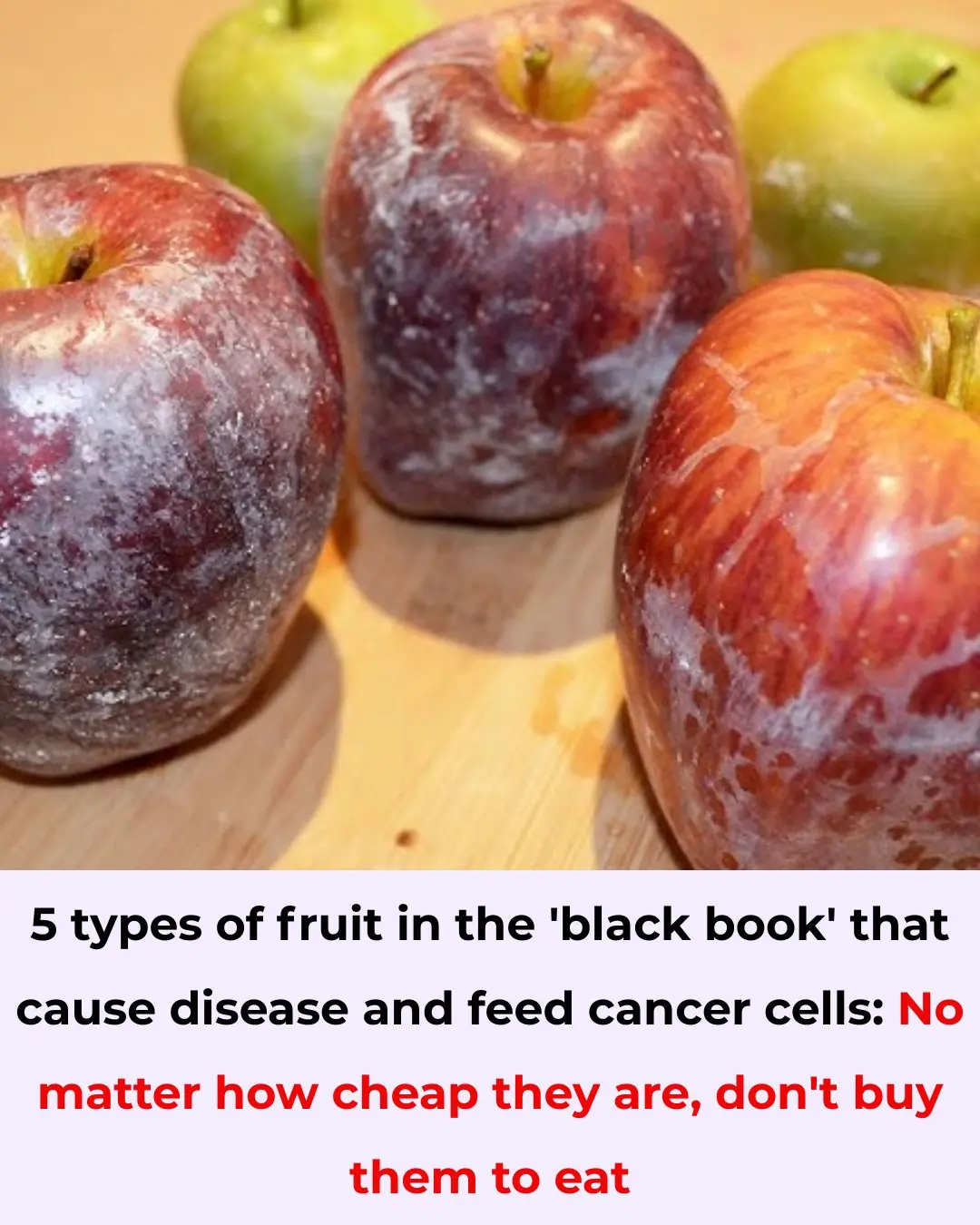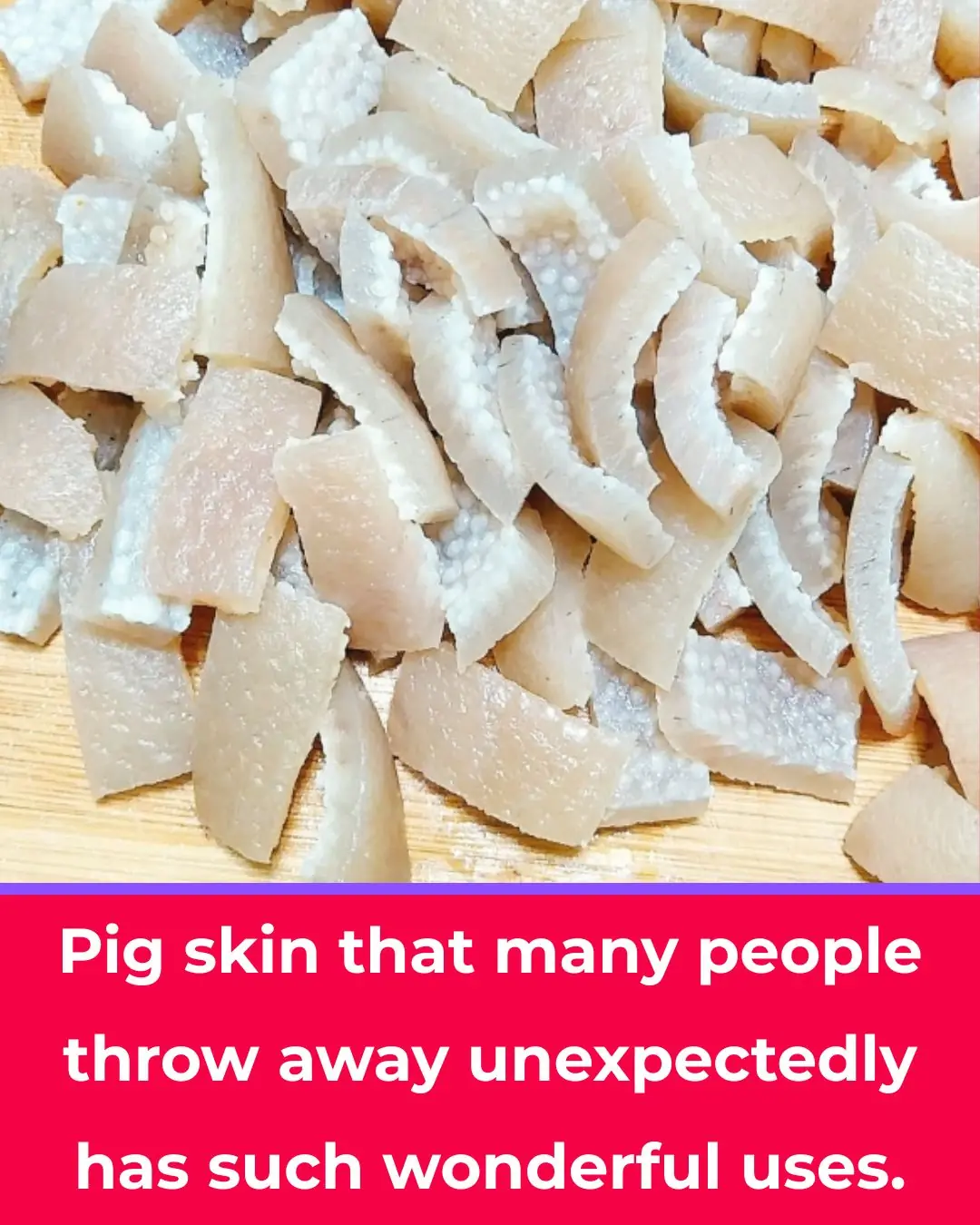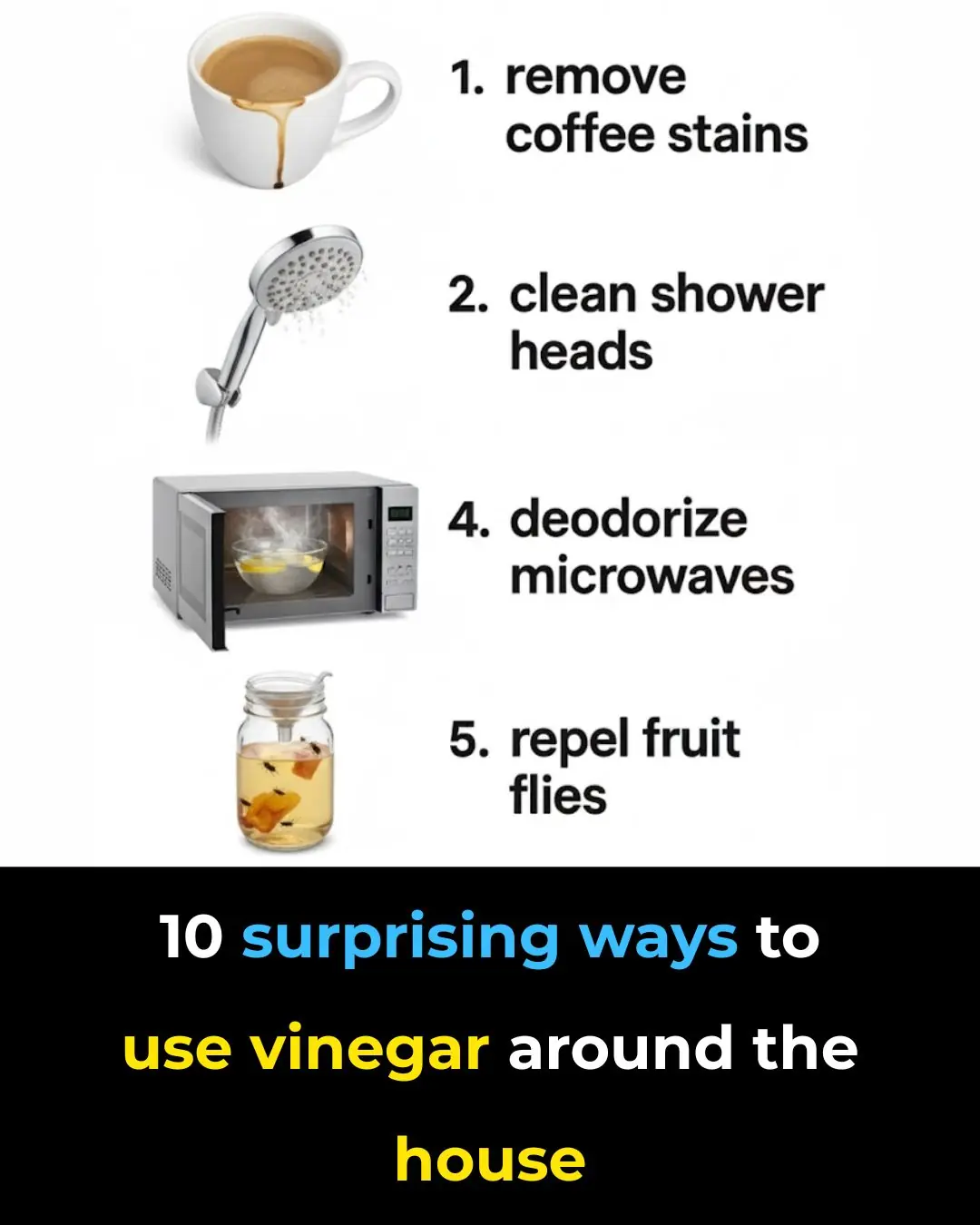
Why We Can’t Sleep Without a Blanket Even on Hot Nights
Why We Can’t Sleep Without a Blanket—Even on Hot Nights
You’ve probably experienced this before: it’s a warm, sticky night, the fan or AC is blasting, and logic says you should sleep uncovered. Yet somehow, your hand reaches for a blanket. And the moment that light layer touches your body, you instantly feel calmer—almost as if your brain is finally ready to switch off.
Why do we crave blankets even when they make us warmer? The answer lies in a fascinating mix of biology, psychology, and lifelong habits. Once you understand what’s happening beneath the surface, the behavior makes perfect sense.
1. Blankets Help Regulate Body Temperature
Humans are warm-blooded, meaning our bodies work constantly to keep internal temperature stable. But this system slows down at night.
During deep sleep:
-
Body temperature naturally drops
-
Heat regulation becomes less efficient
-
The brain becomes less responsive to temperature changes
A blanket acts as a thermal stabilizer. Even a thin sheet forms a protective layer that prevents rapid heat loss or sudden chills. This consistency is essential because temperature fluctuations can interrupt sleep cycles—even if we don’t fully wake up.
Fun fact: Many people sleep better with a slight increase in warmth because it helps the body ease into deeper relaxation.
2. Blankets Are Part of a Deeply-Rooted Sleep Routine
From infancy, many of us were tucked in with a blanket. That simple ritual has been repeated thousands of times throughout our lives.
Over time, the blanket becomes a psychological trigger that tells the brain:
“It’s time to rest.”
This classical conditioning is powerful. Even on hot nights, removing the blanket disrupts the familiar pattern, which can make it harder to fall asleep—almost like trying to sleep in a strange place.
Blankets aren’t just fabric; they’re part of our sleep identity.
3. Blankets Reduce Stress and Calm the Nervous System
Blankets offer more than physical comfort—they soothe the mind.
When gentle pressure is applied to the body, such as from a blanket, the nervous system responds by:
-
Increasing serotonin (calming hormone)
-
Reducing cortisol (stress hormone)
-
Encouraging melatonin production (sleep hormone)
This is the same principle behind weighted blankets, which are used to help people with anxiety, insomnia, or sensory processing disorders.
Even a lightweight sheet can activate this calming effect. Your brain reads the sensation as grounding, comforting, and safe.
4. They Create a Personal “Microclimate”
A blanket creates a small, controlled environment just around your body. This microclimate protects you from:
-
cool drafts
-
shifting air currents
-
sudden temperature changes
-
humidity fluctuations
Even in a warm room, your skin prefers consistent conditions. A blanket helps maintain that stability, which leads to fewer nighttime disturbances and deeper sleep cycles.
In other words: your blanket helps keep the outside world out—physically and mentally.
5. Blankets Trigger a Sense of Emotional Safety
Blankets have always been associated with comfort. Think of children who cling to their favorite blanket or stuffed animal for security. That emotional imprint doesn’t disappear with age.
Even if we’re not consciously afraid, our subconscious finds safety in being covered. The sensation signals:
-
protection
-
security
-
familiarity
-
emotional warmth
That’s one reason people rarely sleep well completely exposed—there’s no physical boundary between you and the environment, which can leave the nervous system feeling subtly alert.
6. They Provide a Psychological “Buffer” Against the World
Being covered makes us feel less vulnerable. The blanket becomes a soft barrier that helps block out sensory distractions:
-
light
-
sound
-
movements in the room
-
the feeling of openness
This gentle cocooning effect helps your brain transition from a state of alertness to a state of rest.
For many people, even sticking one leg out from under the blanket is enough to balance body heat while keeping that psychological comfort intact.
The Bottom Line
So why do we need a blanket—even on hot nights?
Because a blanket does much more than keep us warm.
It:
-
regulates temperature
-
supports a lifelong sleep routine
-
reduces stress and anxiety
-
creates a calming microclimate
-
triggers deep feelings of safety and comfort
Your blanket isn’t just a sleep accessory—it’s a biological and emotional tool that your brain associates with rest, protection, and relaxation.
So don’t feel strange for grabbing your blanket in July. Your body knows exactly what it’s doing.
Sleep well—and stay cozy, no matter the season.
News in the same category


Eating More Than One Egg a Week May Slash Alzheimer’s Risk by 47%

CRISPR Breakthrough Offers Hope for a Potential HIV Cure

Four Teens Risk Their Lives to Rescue Elderly Neighbor from Burning Home in Sapulpa

Sugar May Be a Bigger Threat to Heart Health Than Cholesterol, New Study Finds

Time Is an Illusion: Quantum Physics Suggests Every Moment Exists at Once

Beware of the Plastic Bottle Scam

Had no clue about this

For those who sleep with wet hair, you should know that…

Hidden Message Behind Finding a White Feather

Revolutionary mRNA Therapy Shows Promise in Preventing Pancreatic Cancer Recurrence

MIT Scientists Develop Injectable Gel That Can Fully Repair Nerves and Restore Sensation

A New Era of Computing: China’s Quantum Machine Surpasses the World’s Fastest Supercomputers

Reviving the Brain’s Waste-Clearing Pathways May Reverse Alzheimer’s Damage

New CRISPR Therapy Shows Promise in Removing HIV and Preventing Viral Rebound

Japanese Scientists Develop Drug That Could Regrow Human Teeth

White House Gives Major Update On Donald Trump's

What’s with the white paint on the tree trunks?

If You See A Bent Tree In The Forest, Start Looking Around Immediately
News Post

France Reimagines Shelter Boundaries With Community Corn Walls

5 Simple Ways to Remove Rust from Knives – Make Your Dull, Rusty Knife Shiny and Sharp Again

5 Fruits on the ‘Blacklist’ That Can Cause Cancer – Avoid Buying Even If Cheap

“New Research Reveals How Aging Impacts Male Fertility and Sperm Health”

Pork Skin – The Often Overlooked Superfood

Don’t Throw Away Lemon Peels! Use Them for These 8 Household Tasks and Save a Ton of Money

10 surprising ways to use vinegar around the house

Stop eating these 10 things of CRAP

Mix Banana Peels With This and Leave It in a Corner — Roaches Will Disappear Overnight

Discover how eggs support your baby’s brain development — full details in the comments!”

Weak Toilet Flush and No Suction? A Simple Trick From a Professional That Fixes It Instantly

Five “Dirtiest” Parts of the Pig That Butchers Never Take Home for Their Own Families

Blueberries: A Powerful Daily Boost for Heart Health

The Whole Family of Three Was Diagnosed With Thyroid Nodules; the Mother Collapsed: “I Thought Those Two Things Were Always Good to Eat and Could Prevent Cancer”

Motherhood Rewires the Brain: Why Postpartum Recovery Takes Years, Not Weeks

Eating More Than One Egg a Week May Slash Alzheimer’s Risk by 47%

CRISPR Breakthrough Offers Hope for a Potential HIV Cure

Breakthrough Cancer Treatment Offers Unprecedented Hope for Patients

Four Teens Risk Their Lives to Rescue Elderly Neighbor from Burning Home in Sapulpa
